-
•
•
3 responses
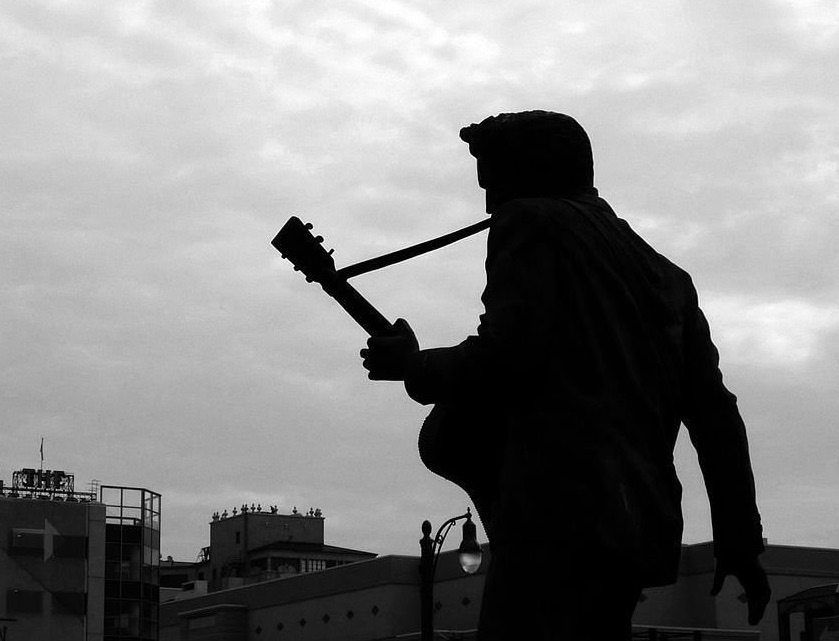
Starting at the end of the 80’s a story came to be told of a Book of Mormon written in by Elvis Presley. Over the years people retold the tale, including in the pages of newspapers, inspirational speaking and the like. Even the Osmonds got into the tale, telling people of the King’s interest in the Church. The tale frequently grew in the telling. Elvis was investigating the Church during a period of unease in his life. His book was given by the Osmonds. He was taking the discussions. He investigated on an off for years. Read More
-
•
•
10 responses
Adiaphora is a term that has played an important role in Lutheran history but not much in our own, although perhaps it should. Read More
-
•
•
11 responses
Jana Reiss had up an interesting post last week where she suggested Mormons don’t know what to do with Paul as an apostle. In particular she claimed, “it’s discomfiting to realize that Paul’s apostleship was entirely of the self-proclaimed, charismatic variety.” I’d take some exception to this. A few brief thoughts. Read More
-
•
•
3 responses
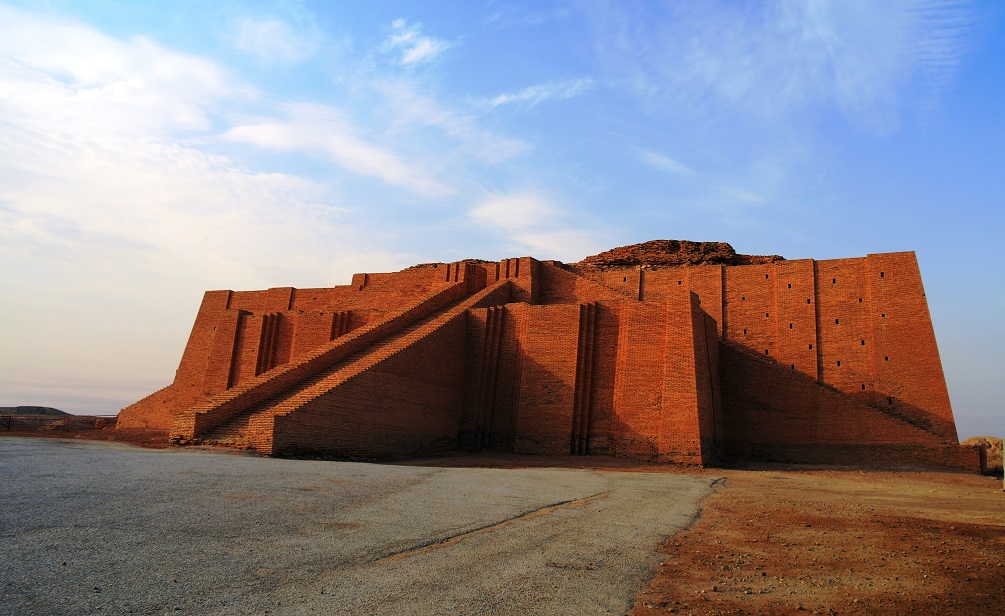
One of the most interesting, most popular, yet also quite controversial elements in the Book of Mormon is Lehi’s and Nephi’s vision. Some readers might agree with the interesting part but be surprised by the controversial part. This is after all one element of the restoration that seems such a big part of our culture. The main problem some see is the purported dependence of the vision on the book of Revelation. Not only is the book of Revelation late – at least the end of the first century – but the genre of Apocalypse is a part of Hellenistic… Read More
-
•
•
4 responses
Scott Esplin is a professor of Church History and Doctrine at BYU with a background in late 19th, early 20th century history and educational history. He recently published a social history of Nauvoo with Return to the City of Joseph: Modern Mormonism’s Contest for the Soul of Nauvoo through University of Illionis Press. The book covers not just the history of the city but how the different factions through history have viewed Nauvoo’s history. This goes up through present battles over how to define the meaning of the city. Most people know roughly the history up through the martyrdom of… Read More
-
•
•
11 responses
In many ways, handcarts have come to symbolize the Mormon pioneer experience. There are a few reasons for this. With the tragic experiences of the Willie and Martin handcart companies of 1856, the handcart companies are among the easiest group of pioneers to dramatize. As a result, popular Latter-day Saint historical fiction books and movies frequently focus on handcarts and the stories of handcart companies seem to come up almost as often as the rest of the pioneer companies combined in our Church meetings. And, of course, the handcart experience is the least expensive (and least complicated) pioneer experience to… Read More
-
•
•
14 responses

I’m old enough to remember the moon landing, 50 years ago today. And I’m old enough to admit that I thought humanity would be much farther along in exploring our nearest neighbor than we are. But I’m encouraged by recent activity — it feels like we are close to going back and going back permanently. If I’m right, then it won’t be too long before members of the church are on the moon, eventually on a permanent basis. So, I’ve been wondering, in a somewhat lighthearted vein, what will life be like for church members who are on the surface of… Read More
-
•
•
29 responses
As comments go this is a rather belated one, but PA decisions are not up to warp speed either; anyway, the decision is there, timely and adequate. The issue? Some years ago I wrote about the absences in Mormon weddings, zooming in on the visual image of weeping moms at the temple steps. Just picture being the parent of a youngster who just joined the Mormon church and now is married in that large and alluring building, the temple, while you yourself cannot enter and have to miss out on the ‘most beautiful day’ in your daughter’s life. We, in… Read More
-
•
•
6 responses
In my last post, I discussed an argument in favor of needing to partake of both the bread and water during a sacrament service as opposed to it being permissible to only partake of the water. This post is essentially a continuation of that same discussion (this time in favor of partaking only the water) and potentially provides a deeper discussion of the nature of the sacrament of the Lord’s Supper. To understand the main argument I’m presenting that it’s okay to just partake of the water during the sacrament, it is beneficial to look back to discussions that took… Read More
-
•
•
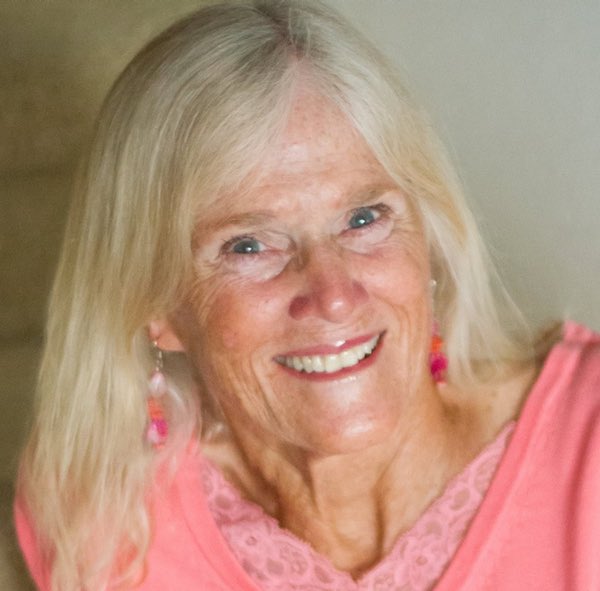
RoseAnn Benson’s book Alexander Campbell and Joseph Smith: 19th-Century Restorationists compares the two best known and successful figures in the broad restorationist movement of the 19th century. While those familiar with Latter-day Saint history know the relationship between the two movements, oddly in broader religious history only Campbell and his Disciples of Christ are considered restorationists. The book was warmly received and helped broaden the sense of restorationists as a more significant movement. Benson’s own background is ecclectic. She minored in history but her degree was in Physical Education and her first Masters was in Exercise Science. She then got… Read More
-
•
•
4 responses
In my previous two posts, I discussed questions relating to the sacrament of the Lord’s Supper. Another question my friend asked was: “If you miss the bread do you take the water? … Obviously the best answer for the first is to make sure to take both but what is proper procedure?” I think many of us have been in this situation before, for one reason or another. When you are, do you just take the water? Do you ask that they bring the bread out to you before you take the water? Or do you just let it pass… Read More
-
•
•
12 responses
One interesting thing about most scripture is the gap between the texts we have the the prophets themselves. The Old Testament was heavily redacted and edited during the Hellenistic period to give us the texts we now have. As Nephi was taught, “when [the scriptures] proceeded forth from the mouth of a Jew it contained the fulness of the gospel of the Lord. […] [The great and abominable] have taken away from the gospel of the Lamb many parts which are plain and most precious; and also many covenants of the Lord have they taken away.” (1 Nephi 13:21-29) This… Read More
-
•
•
7 responses
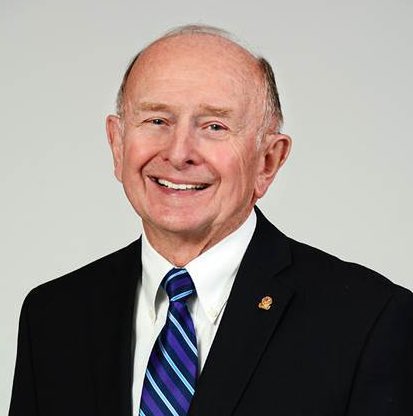
We’re happy to have an other of our co-posts with Kurt Manwaring with 10 questions with Thomas Alexander. Thomas Alexander was the Lemuel Hardison Redd Jr. Professor of Western American History at BYU. Alexander has had an illustrious career teaching at Berkeley, University of Nebraska, University of Utah and more along with 40 years at BYU. He just wrote the new Brigham Young biography Brigham Young and the Expansion of the Mormon Faith. I bought my copy last month but just started it a few days ago so I can’t say too much about it yet. This is the second… Read More
-
•
•
3 responses
I mentioned in my previous post that the sacrament of the Lord’s Supper has been on my mind lately. One reason is that I recently had a friend ask me a couple of questions he was having trouble finding answers to. One of these questions was: “If you go to two wards do you take sacrament twice?” It brought to mind one Sunday as a teenager where I was in a group of young men who performed a music number in three different sacrament meetings and then went and helped with a sacrament meeting in an assisted living home. Some… Read More
-
•
•
9 responses
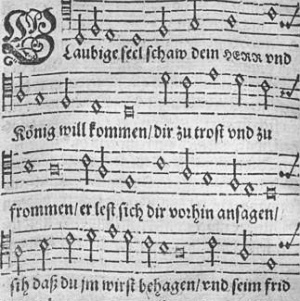
Hymns are useful evidence of religious practice. Hymns are a basic element of personal devotion, but at the same time the compilation of the hymnbook is carefully monitored by church leaders and the performance of hymns is modeled during the sessions of General Conference and other broadcasts, so hymns lie somewhere between high theology and lived religion. Our hymnbook provides an insight not quite like any other source on what Latter-day Saints believe. Read More
-
•
•
12 responses
For Christians, the Sacrament of the Lord’s Supper was and is, in the words of one historian, “the central Christian ritual act.”[1] As Latter-day Saints, we participate in the breaking of bread and drinking of water on an almost weekly basis. Due to a few different reasons, I have been thinking about the sacrament a lot lately. So, I took the time to study the ordinance in greater depth, trying to understand why it’s so important and why we do it so often. During my study, I found several purposes for the sacrament and thought it might be worthwhile to… Read More
-
•
•
24 responses
While it seems too soon to say the US is moving towards a more fully secular society like most of Europe, the tensions of the recent changes are playing out in interesting ways. The most recent kerfuffle is between the Catholic journal First Things and more traditional conservative outlets like National Review. Much of the debate is the typical tempest in a tea cup when journalists and pundits who generally agree have a public disagreement.[1] I don’t want to get into the details of the David French vs. Sohrab Ahmari debate. Rather I want to use it to raise the… Read More
-
•
•
66 responses
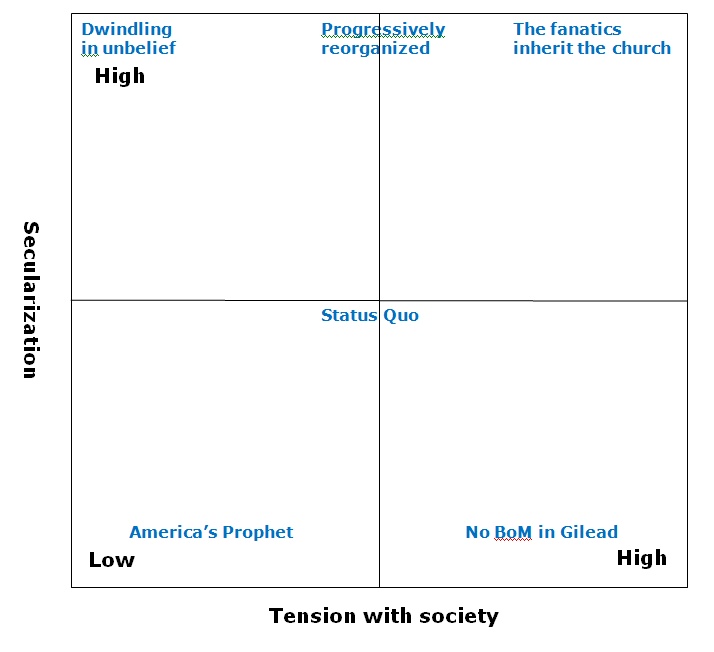
If we wanted to hazard a guess at what the upcoming years and decades hold in store for the church in the United States, the decisive factors will likely be to what extent the country as a whole becomes more secular (or more religious), and how the church correspondingly arrives at a place of higher or lower tension with the rest of society. Read More
-
•
•
One response
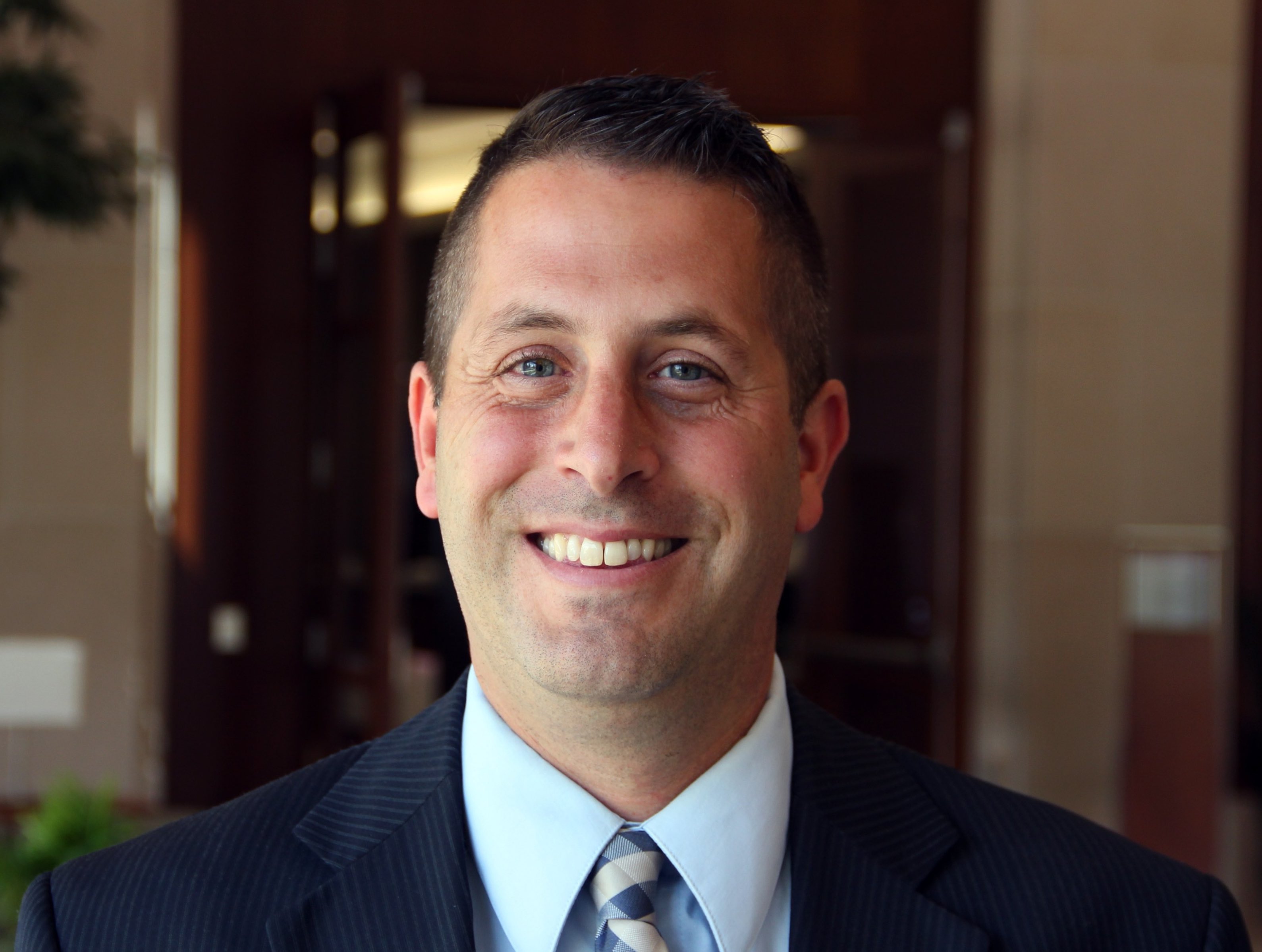
We’re happy to have an other of our co-posts with Kurt Manwaring. This is 10 questions with Matt Godfrey. Matt Godfrey is the editor of Zion’s Camp: 1834 March of Faith and is also a general editor of the Joseph Smith Papers. He has a doctorate in American history from Washington State University. Before working on the Joseph Smith Papers project he was president of Historical Research Associates, a historical and archaeological consulting company. He previously won the Smith-Petit Award from the Mormon History Association for Religion, Politics, and Sugar: The Mormon Church, the Federal Government, and the Utah-Idaho Sugar… Read More
-
•
•
79 responses

Abortion has been in the news of late. Given the polarized times we live in, particularly those of us in the United States, it’s perhaps unsurprising that states are pushing extreme bills. New York’s passed a very liberal law at the beginning of the year making it purely a health care issue. Georgia, Alabama and a few other states effectively banning abortion with no exceptions for rape or life of the mother. Both sides are up in arms over what they perceive as extremism by the other side. I don’t want to get into the politics here – I’d say… Read More
-
•
•
45 responses
It’s been nearly a year since the new core hymnbook was announced. While there have been a few rumors about the book (like a smaller size and getting rid of hymns with problematic copyrights), very little actual news has come up. Recently, however, the Church published an updated set of guidelines for the hymns and children’s songs that are being submitted. The timing is opportune, with less than two months to the submissions deadline left. Accompanying this publication are a few articles on the Church’s newsroom and on lds.org. What do these reveal about the forthcoming hymnbook? First is the… Read More
-
•
•
34 responses
The most paranoid fantasies your persecution complex can dream up will probably come true eventually, although not where you live, but somewhere else in the world. It’s an unavoidable risk of establishing local branches of the church in places that can go from welcoming to hostile within a few years or decades. Read More
-
•
•
22 responses
One of the big differences between our faith and traditional Christianity is over the question of Being. Being is one of those weird terms that confuses people studying philosophy. The idea is that “to be” whether within our conscious perception or out in the world has to have an origin. Within our materialist way of thinking about the world in contemporary western thought the issue is why is there matter and/or space. Sometimes well meaning physicists will trot out equations of basic physics and say that’s the answer. But that just pushes the question down a level. Where did those… Read More
-
•
•
40 responses
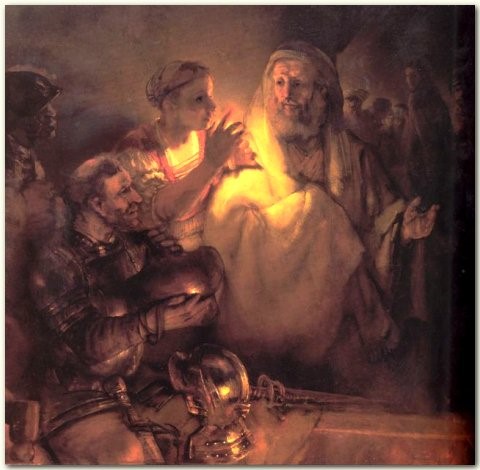
It is a week after Easter now, and surely Petrus (Peter, the English call him, but I prefer his more apostolic sounding Latin name) has come back from his great shock, delivered by the rooster; that early morning crowing did put him back with his feet on the ground: he had showed weak when confronted with reality. Of course, he had regretted it deeply, but in the last week he has seen his risen Lord and things were turning out gloriously. Pentecost is still six weeks into the future, with its redemption by the Holy Spirit and we all know… Read More
-
•
•
11 responses
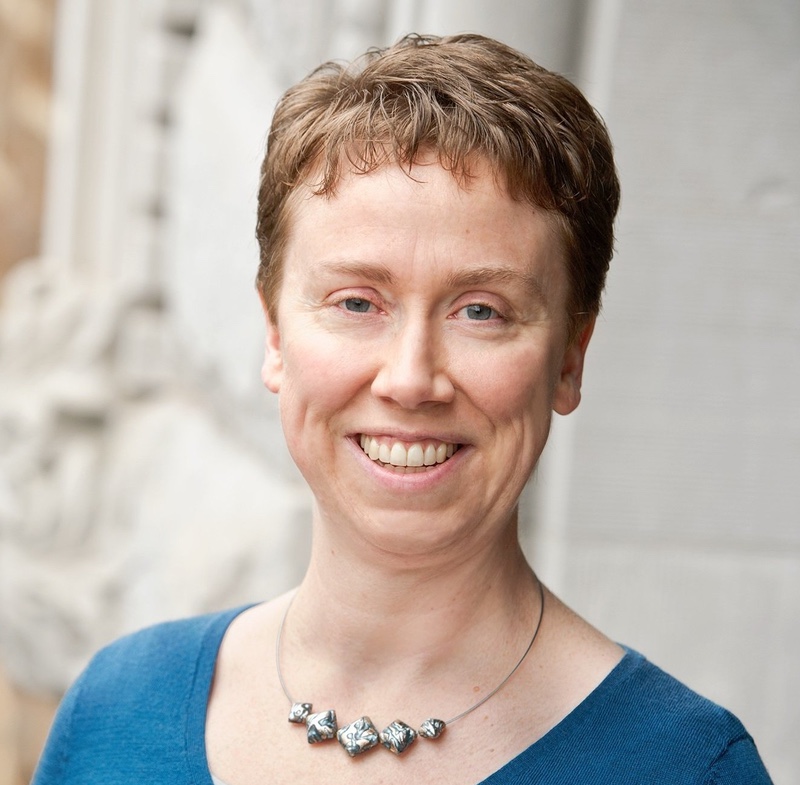
We’re happy to have an other of our co-posts with Kurt Manwaring. This is 10 questions with Quincy Newell. Newell is an associate professor of religious studies at Hamilton College. She’s also the author of Your Sister in the Gospel: The Life of Jane Manning James from Oxford Press. James has been a focus of attention the past few years with quite a few things written about her and a well regarded film focusing on her interactions with Emma Smith. One of the great things in the last decade of Mormon history has been a close attention to the lives… Read More
-
•
•
24 responses
Let me state my priors on the honor code. I think it’s an important set of rules that really sets BYU apart from most other top universities. Yet simultaneously I worry the honor code office has been poorly run for decades. At least it sure seems that way from many reports I’ve heard over the years since I attended. While I think discussion of the honor code office and reforms is important, I think that far too many have muddled the difference between the rules of the honor code and the enforcement tactics of the honor code office. Read More
-
•
•
25 responses
The current round of dissatisfaction with the BYU honor code will hopefully result in some tinkering around the edges and perhaps a few personnel changes, and then quickly be forgotten before it has a chance to undermine the university’s educational and religious missions, which might roughly be summarized as producing graduates who are educated, productive, and committed to the church. Read More
-
•
•
26 responses
I’m not big on religious holidays. I know some look at all the holy days of Catholicism or similar faiths with envy. I don’t. I’m definitely a minimalist when it comes to religious days. Yet since the first day I arrived in Utah it has struck me as odd how minor a day Easter is. Spring break never coordinates with Easter. Friday and Monday aren’t holidays. Very little religiously is done over Easter unless General Conference is on Easter. Why? Read More
-
•
•
7 responses

For some time, I’ve been writing obituaries for a secular educational institution (which, for the sake of the failing hearts of its remaining alumni, will remain anonymous). Read More
-
•
•
88 responses
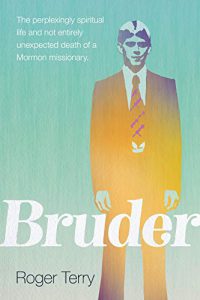
They are still teenagers, 18 or 19, and are sent out to change the lives of adults. The boys dress up like CIA-agents, the girls like old-school women. They typically have no clue about the national, regional, social, cultural, religious, or familial identities of the people they try to interest in their alien sect. They pretend they are only adding to the truth people already have but have no idea which truths these people have. They work within a compelling frame of rules, goals, figures, and reports. Therefore they would do anything to drag a non-member to church on Sunday,… Read More
